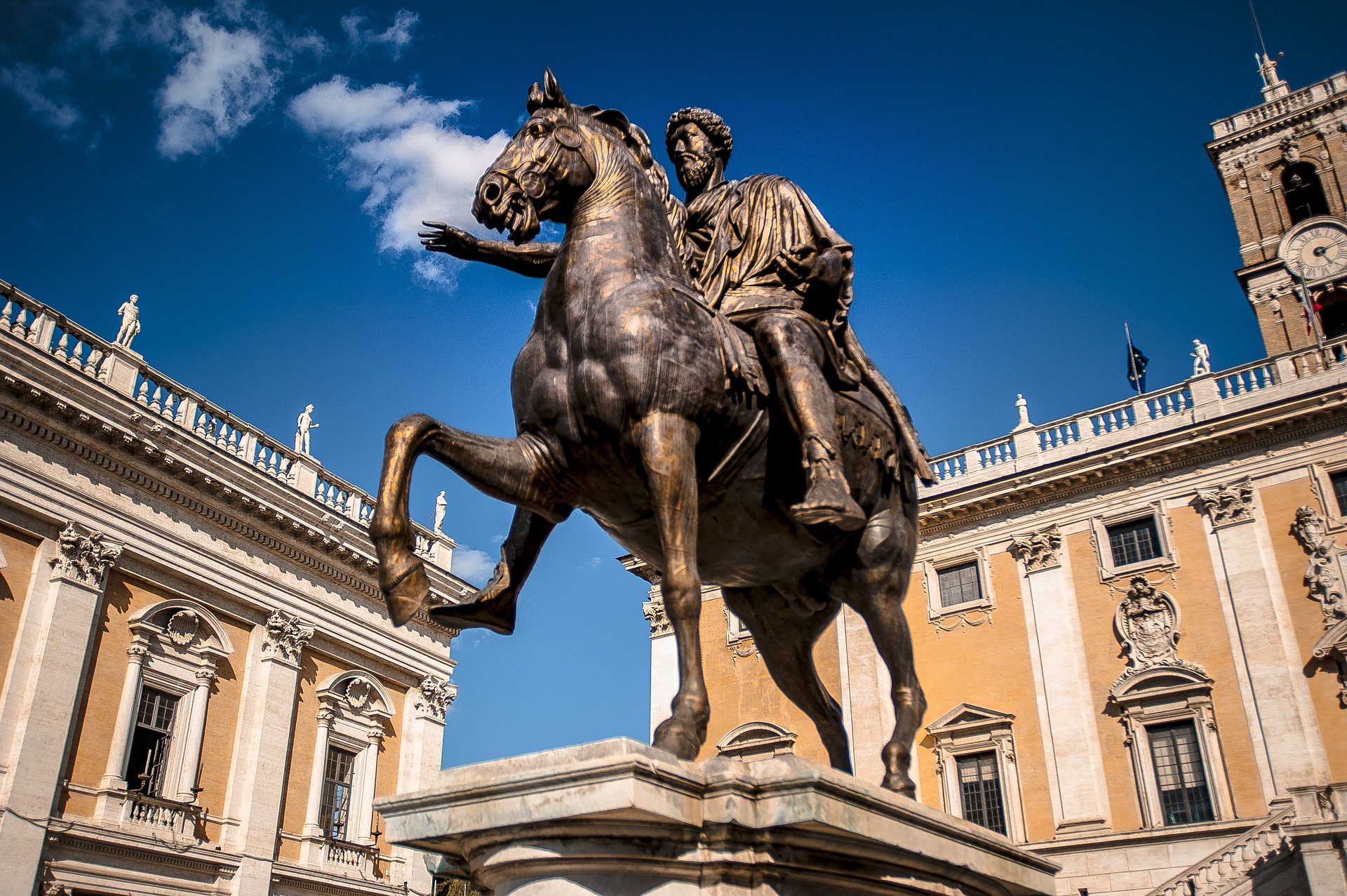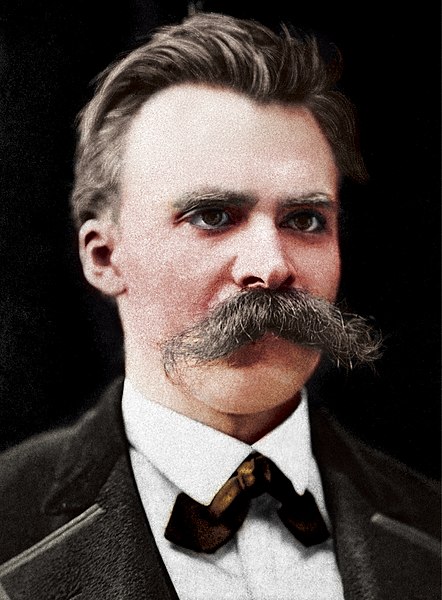
“Debts and Lessons” is the first chapter of the philosophical work “Meditations” written by the Roman emperor Marcus Aurelius. On a personal note, it’s actually one of my favourites, because it is so relatable.
In this chapter, Aurelius reflects upon the debts he owes to various individuals who have influenced his life and the lessons he has learned from them. He begins by expressing gratitude to his family members, particularly his adoptive father, Emperor Antoninus Pius, and his biological father, for the values and virtues they instilled in him. Aurelius acknowledges the debt he owes to his ancestors for their noble lineage and the example they set for him when he says:
“From my mother, piety and beneficence, and abstinence, not only from evil deeds, but even from evil thoughts; and further, simplicity in my way of living, far removed from the habits of the rich.”
“From my grandfather Verus I learned good morals and the government of my temper.”
Aurelius then reflects on the influence of his teachers, emphasizing the importance of their guidance in shaping his character and intellect. He mentions the philosopher Sextus of Chaeronea, who taught him the value of intellectual honesty and open-mindedness.
“From Sextus I learned to be tolerant and unafraid of criticism; and to hold a just conception of the nature and obligations of a magistrate.”
The emperor also acknowledges the debt he owes to his fellow philosophers, who have enriched his understanding of ethics and provided him with valuable insights into the nature of reality. He mentions the Stoic philosopher Junius Rusticus, who taught him to live in harmony with nature and to focus on what is within his control and Apollonius, who taught him to remain calm and composed in the face of adversity.
“From Rusticus I received the impression that my character required improvement and discipline; and from him I learned not to be led astray to sophistic emulation, nor to writing on speculative matters, nor to delivering little hortatory orations, nor to showing myself off as a man who practises much discipline, or does benevolent acts in order to make a display; and to abstain from rhetoric, and poetry, and fine writing; and not to walk about in the house in my outdoor dress, nor to do other things of the kind; and to write my letters with simplicity, like the letter which Rusticus wrote from Sinuessa to my mother; and with respect to those who have offended me by words, or done me wrong, to be easily disposed to be pacified and reconciled, as soon as they have shown a readiness to be reconciled; and to read carefully, and not to be satisfied with a superficial understanding of a book; nor hastily to give my assent to those who talk overmuch; and I am indebted to him for being acquainted with the discourses of Epictetus, which he communicated to me out of his own collection.”
“From Apollonius I learned freedom of will and undeviating steadiness of purpose; and to look to nothing else, not even for a moment, except to reason; and to be always the same, in sharp pains, on the occasion of the loss of a child, and in long illness; and to see clearly in a living example that the same man can be both most resolute and yielding, and not peevish in giving his instruction; and to have had before my eyes a man who clearly considered his experience and his skill in expounding philosophical principles as the smallest of his merits; and from him I learned how to receive from friends what are esteemed favours, without being either humbled by them or letting them pass unnoticed.”
“From Fronto I learned to observe what envy, and duplicity, and hypocrisy are in a tyrant, and that generally those among us who are called Patricians are rather deficient in paternal affection.”
Fronto, whose full name was Marcus Cornelius Fronto, was a prominent Roman rhetorician and teacher during the 2nd century AD. He was born around 100 AD in the Roman province of Africa and became one of the most influential teachers of his time. Fronto gained recognition and esteem for his mastery of Latin rhetoric, which encompassed the art of persuasive speaking and writing. He served as a tutor to several prominent individuals, including his most famous student, Marcus Aurelius. Fronto’s influence on Marcus Aurelius was significant. He not only instructed Aurelius in the art of oratory and rhetoric but also played a crucial role in shaping his intellectual and philosophical development. Fronto’s teachings instilled in Aurelius a love for literature and a deep appreciation for the Latin language.
Furthermore, Aurelius expresses gratitude to the gods for the gifts of reason and rationality, which enable him to seek wisdom and make sense of the world. He recognizes the debt he owes to the universe itself, for it has provided him with all that he needs to live and flourish.
“To the gods I am indebted for having good grandfathers, good parents, a good sister, good teachers, good associates, good kinsmen and friends, nearly everything good.”
In this chapter, Aurelius emphasizes the interconnectedness of human existence and the debt of gratitude one owes to others. He encourages the reader to reflect on the debts they owe to those who have contributed to their growth and development, and to embrace the lessons learned from these individuals as a means of personal improvement and moral cultivation.
So why is this chapter so important to me? It’s because when I was a young man, hopping between different jobs and working for lots of different people, in hot fast paced kitchens, washing dishes, waitering on tables, working in shops and serving behind the bar late at night I was a natural stoic. Whenever I met someone that behaved in a way that I found to be objectionable such as a bad, weak manager shouting at his staff for his own failures, I would resolve that ‘one day,’ if I’m ever in charge, if I ever become a manager, I will never be like that asshole!’ Likewise on meeting good people, I would make a note in my head that I really like this guy, and that’s what I am going to be like when it’s my turn to lead.
On an interpersonal level people’s feelings have always been the most important thing to me, life is too short to allow even so much as one moment to pass in which you cause other people pain. Have I been perfect? Hell no, have I made mistakes? yes indeed! Have I got it right all of the time, obviously not, but I have continually pursued self improvement and that led me to the discovery of the stoics and my most favourite philosopher, Marcus Aurelius. Don’t get me wrong, I respect Nietzsche, the man was a giant, but I love Marcus Aurelius because of his humanity, charm, self discipline and willingness to serve to the best of his ability. He’s the most understandable and also the loneliest of the philosophers who recognises that he’s a compound entity made up entirely of the people he had met before who had influenced him in some way, making it his task to remember them by embodying their best virtues and not their worst.
To this very day I still make notes and mentally thank specific people in my head for the good things they gifted me with for example, my old shop manager Gordon’s entry is as follows:
“Gordon, full of fun, he always said that ‘the day was wasted without a laugh,’ and was slow to anger, quick to forgive, firm and manly, he put the wellbeing of others first, before profits, whenever an accident occurred his first thought was ‘are you ok,’ and not about damage to stock, spillage on the shop floor or any other cosmetic distress.”
Gordon has been dead a long time, but in a sense his essence continues through me and hopefully through everyone else he’s touched with his full on sense of humour, and efforts to make the workplace fun and uplifting.

